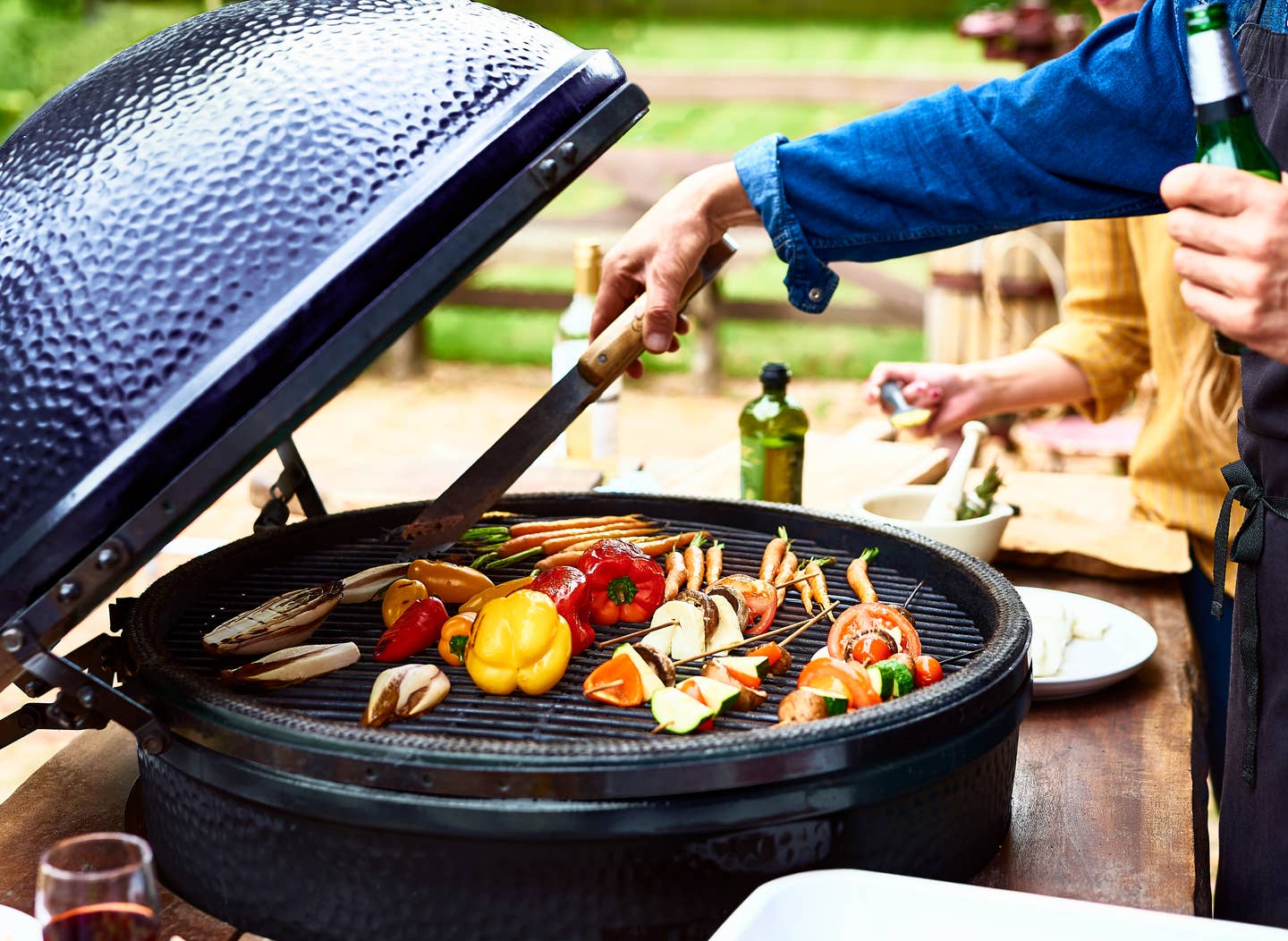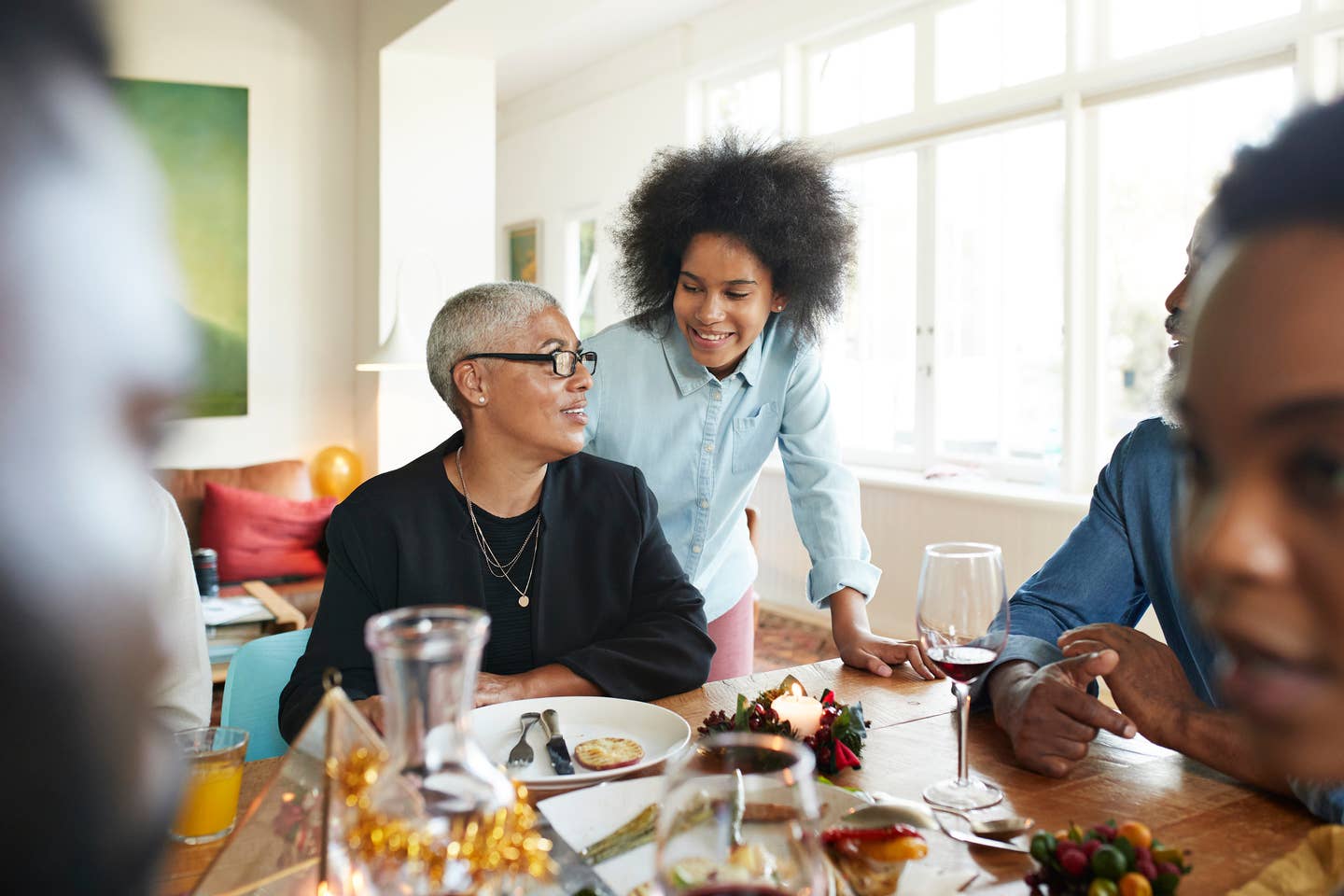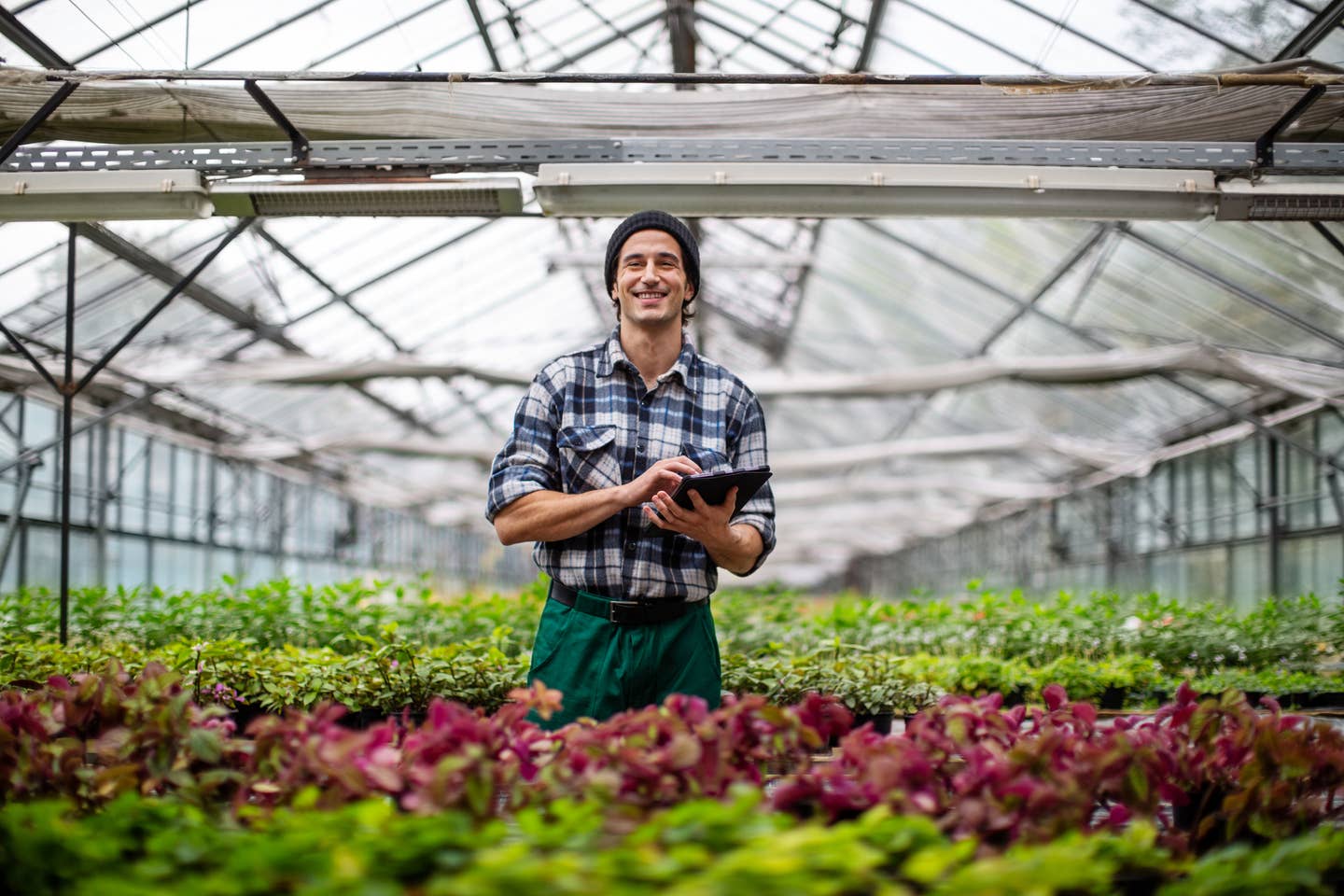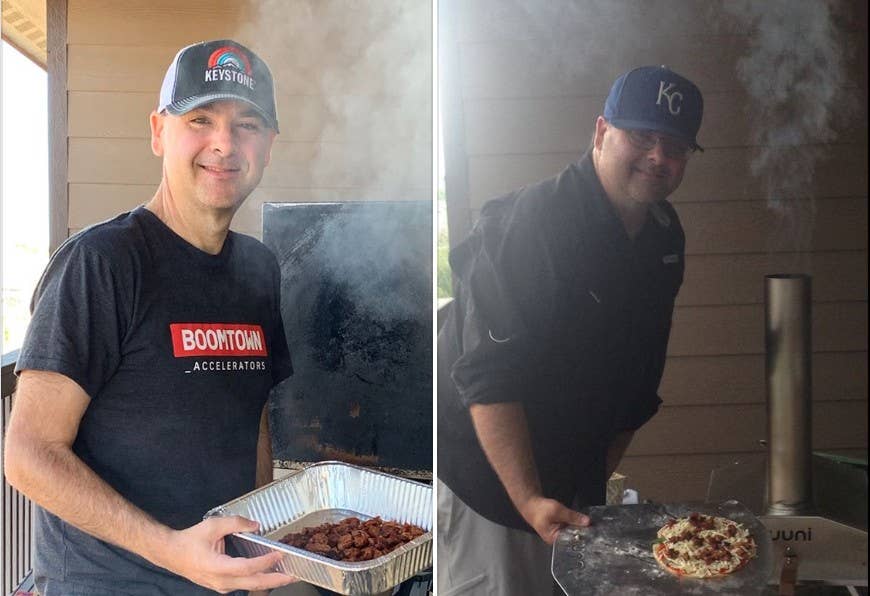
5 Tips To Eat Less Meat From a Former Die-Hard Meat Eater
Raydel Hernandez grew up on meat. Growing up in a Cuban family, It was not only an important part of every meal, but it was an important part of his culture. The recipes that his grandmother made had love, meaning, and connection.
So, when the doctor said that the way for Raydel to live with his gout was to commit to a life of pills, he was less bothered than when she said if he wanted to reverse his gout, he would need to go vegan. Pills he was willing to accept. Giving up meat…not so much. Still, this was his life he was making decisions about, so he decided to do some research, starting with watching Forks Over Knives.
Things clicked in his mind and, though his family thought he was crazy, he decided to try to cut out meat and dairy to see what would happen. He started slowly and it wasn’t always easy, but soon he felt better. He had more energy. He had more focus. He had more clarity. He stuck with it and soon he lost 25 pounds, dropped his cholesterol 100 points, and got his life back…without pills.
But one thing was missing: He still wanted to eat the classic Cuban recipes he grew up on. He still wanted that time in the kitchen with his Grandmother. So, Raydel got to work on veganizing the Cuban classics which resulted in the book, “It’s Delicious! It’s Vegan! It’s Cuban!”
Learn about his personal journey in the long-form interview here. Raydel’s Top Five Tips for Meat Eaters To Eat Less Meat are below.
Elysabeth Alfano: So, before we went to break, we were talking about this incredible transformation that you’ve done, but, of course, you grew up a meat-eater. In fact, you really relied on it as part of your deep Cuban heritage.
So, for those meat eaters out there who are just thinking, “I don’t know if I can do it. Help me through,” what are your top five tips to start working out the meat and bringing in the plants for your health?
Raydel Hernandez: Well, I don’t know if I have five, but I definitely have tips.
1. It’s Not Do or Die (Well, It Could Be)
It doesn’t have to be an all or none thing and I think most people would agree. Do it gradually. It’s almost like running, right? You don’t run six miles your first time. You run half a mile or a hundred yards and you build and you build and you build and you get used to it. It’s the same thing. Maybe you pick a day of the week and that’s- and I wouldn’t even say vegan, [let’s say] vegetarian day. So, you start gradually working your way out of it.
2. You Got This. Literally.
The other tip I could tell you from my personal experience is you are giving up nothing. You don’t have to give up a thing. There are meat substitutes out there. If you want a hamburger, you can eat a plant-based hamburger.
I’ve lost my taste for meat. Anything that’s flavored like meat I don’t really care for it that much anymore. But we live in a world now where you can go to Burger King and have the Impossible Burger. You’re not giving up anything, there’s no sacrifice.
3. It’s Not Fake Meat. It’s Fake News.
The other tip I would tell you is, and this is a big one, it’s hard for people to wrap their heads around this. You’re brainwashed. You have to un-brainwash yourself. You have to unstick yourself from the tar because everyone is trying to sell you something and that is no different in the meat and food world.
They all want to convince you that what they’re selling is good for you when it’s really not. And they confuse the situation by putting misinformation all over the internet. Unfortunately, in this country, if you Google something, whoever pays the most comes up first and that’s not necessarily the best thing because they’re trying to sell you something that isn’t true.
4. Homework is Your Friend.
Another tip is you have to self-research. You can’t take it from me, you can’t take it from Elysabeth. You have to read and read and read. What I did was I started off with a few documentaries. The most famous one is Forks Over Knives.
That’s the one that really turned the page for me. But if you look in the credits, they list all the scientists and all the studies and I contacted those people on email and I said, “I saw this documentary, can you send me the research?” And they all sent it to me free of charge. It’s all public information at this point, and I read everything. I can’t tell you I understood every single experiment, but I read it all first-hand and it’s been common knowledge that the foods you eat affect your health for at least eighty years. It’s all out there. So those would be my tips, I think I hit four.
5. You Are Your Own Best Advocate
EA: You did hit four, but I’ll give a fifth, which kind of riffs off what you were saying in three and four: You must advocate for yourselves. You were saying you must research for yourself. Absolutely, 100%. You must also advocate for yourself. You have to take your own health into your own hands. Even farming it out to your doctor is not always in your best interest.
So, take the time. Start gradually, whatever works for you. We’re not here to tell you what to do. Figure it out for yourself, but it has to be your own journey because there are a lot of forces out there trying to sway you one way or the other, regardless of what is best for you.
Ultimately, the only thing you have to give up is the notion that it will be hard, it won’t taste good, you’ll be missing out and eating won’t be fun…because nothing is as fun as feeling great. It’s time to get your health back.
Elysabeth Alfano is a plant-based business consultant and helps people transition to a plant-based diet. Follow her @ElysabethAlfano on all platforms and at ElysabethAlfano.com.
More From The Beet






